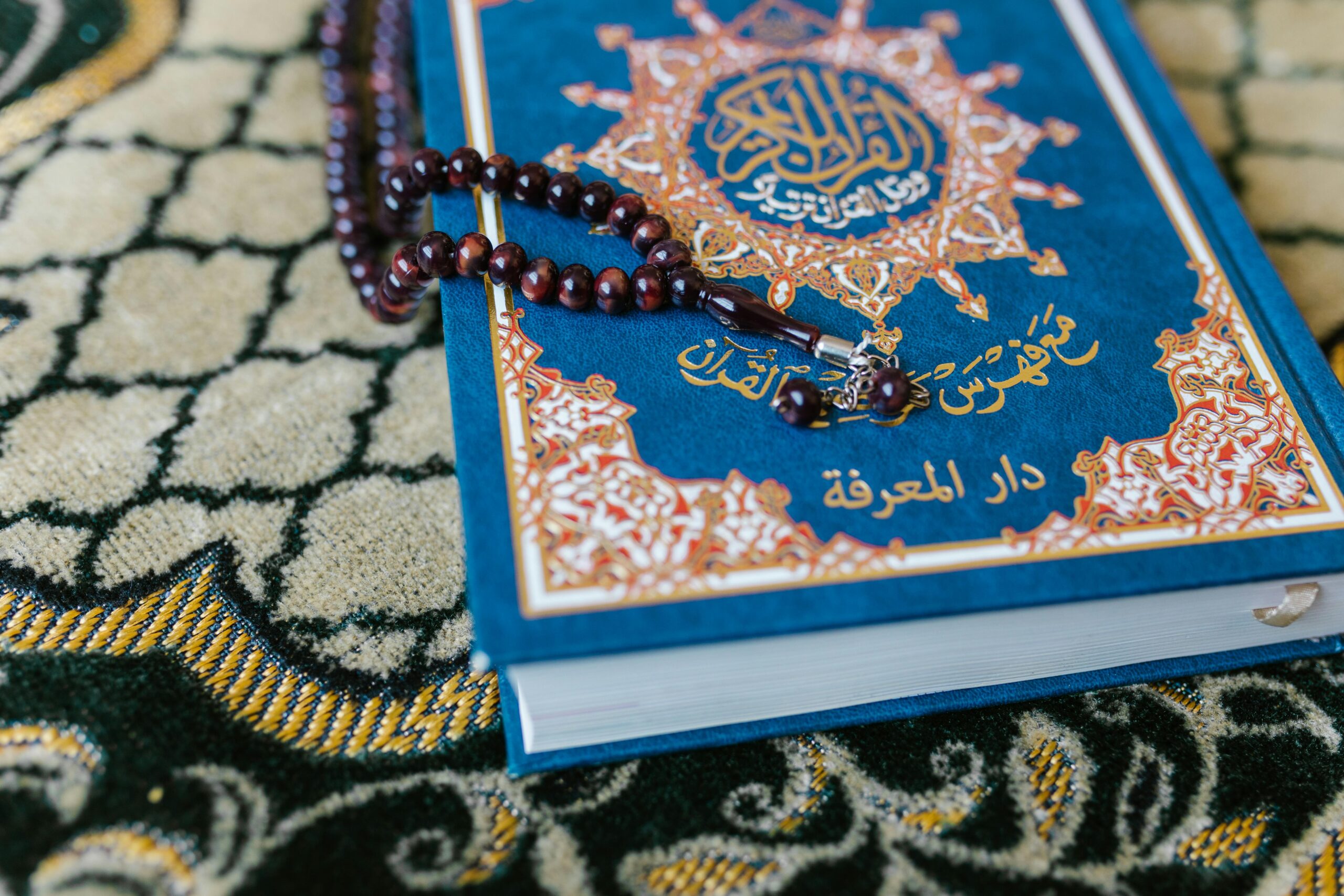When people talk about science today, they often think of laboratories, research, and new discoveries. But what many don’t realize is that Islam has always encouraged the search for knowledge. More than 1,400 years ago, the Qur’an invited people to observe the heavens, the earth, and even their own selves. These reminders were not just spiritual but also scientific, encouraging Muslims to think, reflect, and explore.
The Qur’an and Scientific Hints
The Qur’an is not a science book, but it contains verses that make us reflect on natural phenomena. These verses, revealed in the 7th century, describe things that modern science only discovered centuries later. For example:
- Embryology: Allah says in the Qur’an that humans are created from a drop, then become a clot, and then a lump of flesh before being shaped into bones and covered with flesh (Surah Al-Mu’minun 23:12–14). This matches closely with the stages of human development that modern science discovered with microscopes.
- The Expanding Universe: In Surah Adh-Dhariyat (51:47), Allah says, “And the heaven We constructed with strength, and indeed, We are [its] expander.” Modern astronomy confirms that the universe is expanding, something humans only discovered in the 20th century.
- Mountains as Pegs: The Qur’an describes mountains as pegs that stabilize the earth (Surah An-Naba 78:6–7). Geology today explains how mountains have deep roots that balance the earth’s crust.
These examples show that the Qur’an directs us to look deeper into the world around us and strengthens our faith that Allah is the Creator of all.
Islam’s Golden Age of Science
Inspired by the Qur’an and Hadith, early Muslims made groundbreaking contributions to science. Between the 8th and 14th centuries, the Islamic world became the center of learning. Cities like Baghdad, Cordoba, and Cairo were filled with scholars and libraries.
- Medicine: Scholars like Ibn Sina (Avicenna) and Al-Razi wrote medical books that were used in Europe for hundreds of years.
- Astronomy: Muslim scientists charted the stars, improved calendars, and built observatories.
- Mathematics: Al-Khwarizmi, the father of algebra, laid the foundation for modern mathematics.
- Optics and Physics: Ibn al-Haytham’s work on light and vision is considered the beginning of modern optics.
This period is proof that Islam and science are not in conflict; rather, Islam inspired Muslims to study the world as a way of appreciating Allah’s creation.
The Balance Between Faith and Science
Some people today believe science and religion are opposites. But in Islam, they complement each other. Science explains how things work, while Islam explains why they exist.
For example, science can describe how rain forms through evaporation and condensation, but Islam reminds us that rain is a blessing from Allah, bringing life to the earth. Science can explain how the human body functions, but Islam teaches that the soul and life itself are gifts from Allah.
This balance prevents arrogance. Science without faith can lead to pride, while faith without knowledge can lead to ignorance. Islam encourages a middle path, where seeking knowledge strengthens faith.
Modern Relevance
In today’s world, Muslims continue to explore science, whether in medicine, technology, or space research. But the key is to remember that knowledge should serve humanity and not harm it. The Prophet ﷺ said, Seeking knowledge is an obligation upon every Muslim. This includes not just religious knowledge but also worldly knowledge that benefits people.
If discoveries are used for good, they become acts of worship. For example, medical research that saves lives, environmental studies that protect nature, or technology that connects people can all be forms of service to Allah.
Conclusion
Islam and modern science are not enemies, they are companions. Islam motivates us to search, explore, and discover, while science helps us appreciate the wisdom of Allah’s creation. When we look at the Qur’an and see how its words align with modern discoveries, our faith only grows stronger.
In the end, science tells us about the wonders of creation, but Islam reminds us of the Creator behind it all. By combining faith and knowledge, Muslims can live a life that is not only successful in this world but also meaningful in the hereafter.

